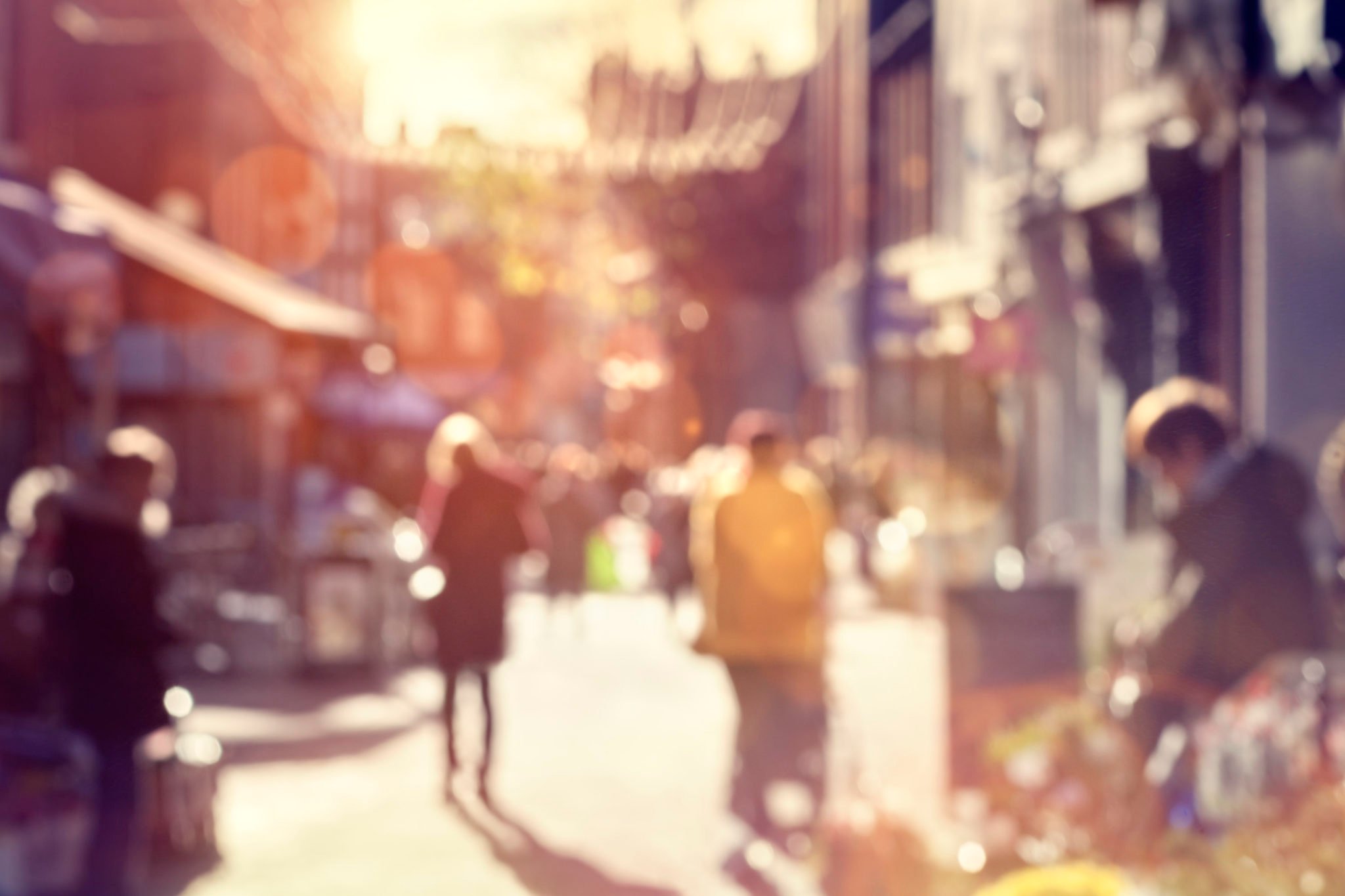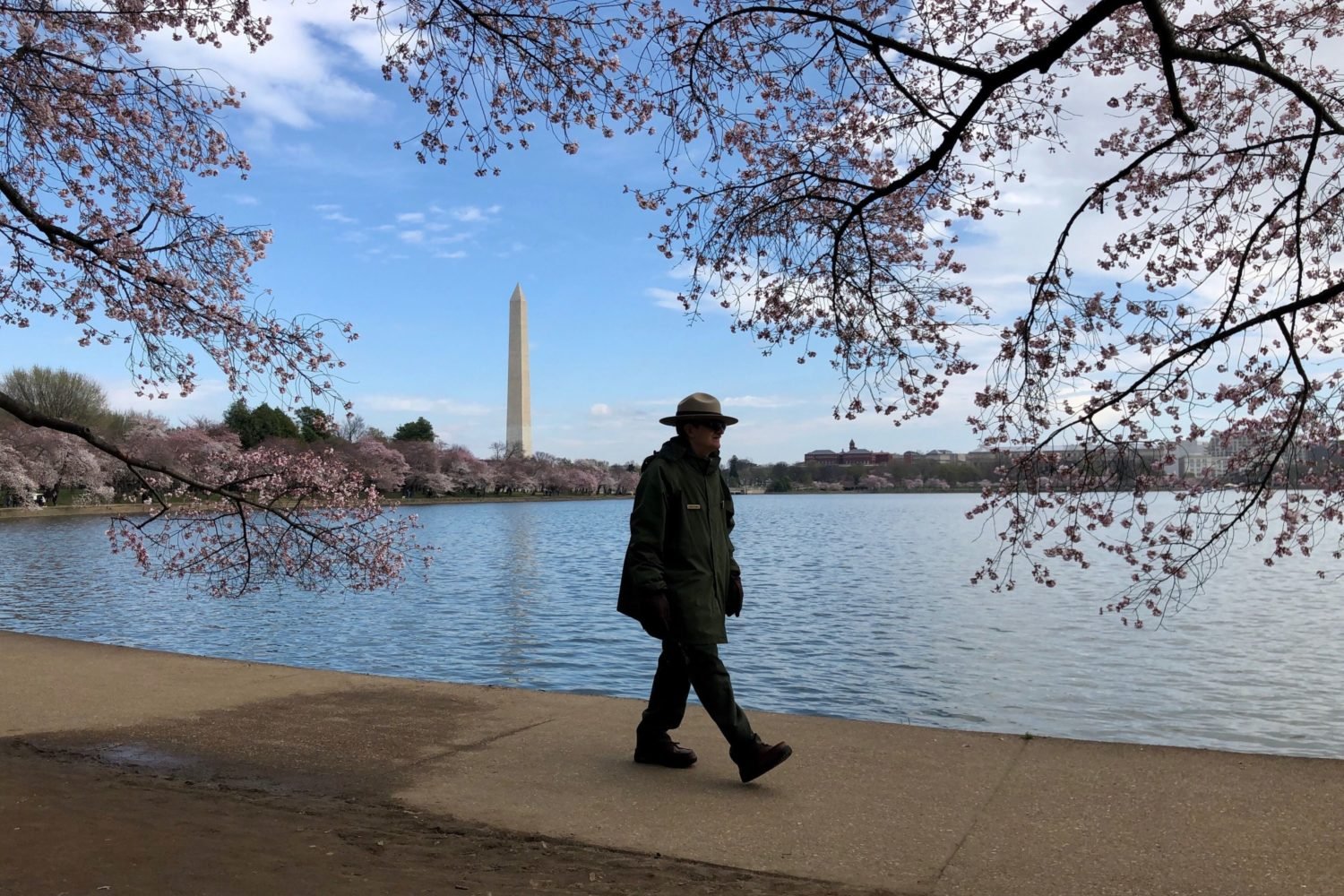About Coronavirus 2020
Washingtonian is keeping you up to date on the coronavirus around DC.
Washingtonians have been hearing lots of the same advice for protecting yourself and your loved ones against the novel coronavirus, and it’s all good to keep in mind: Wash your hands. Social distance. Avoid crowds.
But how can you help your neighbors in need? Here are a few simple ways to be a good human to those around you in the coming weeks.
Buy From Local Businesses
Lots of local service-based businesses, including restaurants and shops, will suffer as their customers stay inside. Many of them have or are in the process of creating delivery services, so you can still shop local without leaving the house.
Stock Up On Essentials, But Don’t Overdo It
Photos of empty grocery store and pharmacy shelves have been making the rounds on social media, and it’s a good idea to have essential items on hand. However, Stacy Torres, an assistant professor of sociology at the University of California, San Francisco, told Vox this week that you shouldn’t buy too much, since that makes it harder for low-income people to get what they need when they can’t afford to have items delivered or to go to multiple stores.
Postpone Events Instead of Canceling When Possible
For event planners, caterers, and other vendors that depend on events for their livelihood, one canceled event can mean the difference between a temporary financial hit and permanent closure. Postponing means they can plan on keeping that business later on.
Check In On Your Neighbors
Reach out to your neighbors that might be vulnerable, whether they’re elderly or have underlying health conditions. (The CDC states that older adults or those with diabetes, lung disease, or heart disease are at increased risk of getting very sick.) Because it might be riskier for them to leave their homes, you could offer to leave items at their door.
Pay Your Dog-Walker As Usual, Even If They’re Not Coming While You Work From Home/Social Distance
You’re already saving money on transportation costs and going out, so why not continue supporting the person who cares for one of the most important members of your family?
Donate Canned Goods to Local Food Banks
Donations and volunteer manpower help food banks function, and both might be hard to come by for the time being. While you stock up on canned goods, consider giving what you can to non-profits such as Martha’s Table, which operates a mobile food service for hungry and homeless people in DC.
Donate Your Money
It makes an impact, and you can do it instantly from your phone or laptop. Here’s a link to the Catalogue for Philanthropy’s website, where we’ve compiled a list of recommended charities in the region that could use your help.
This post will be updated.





















